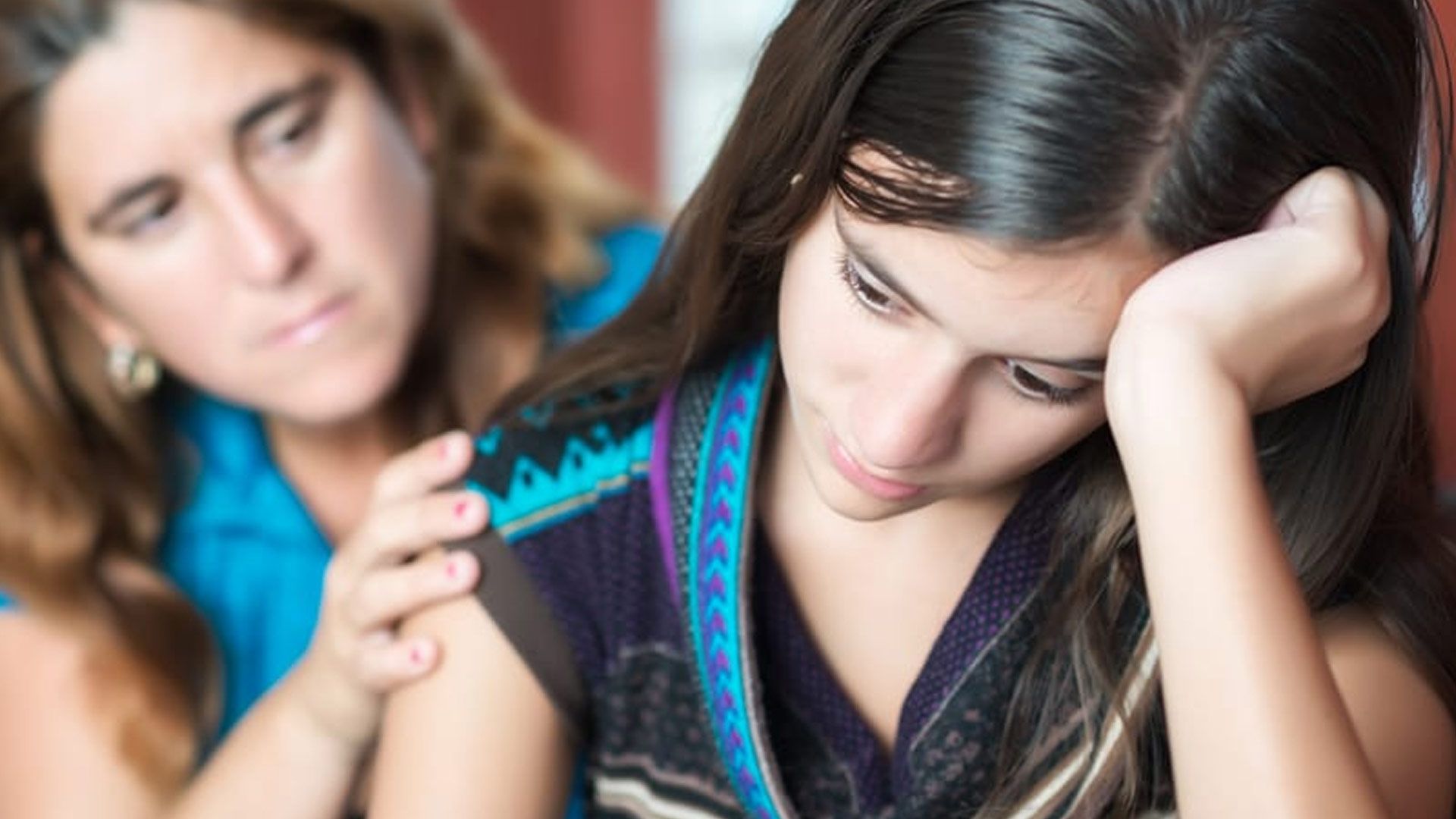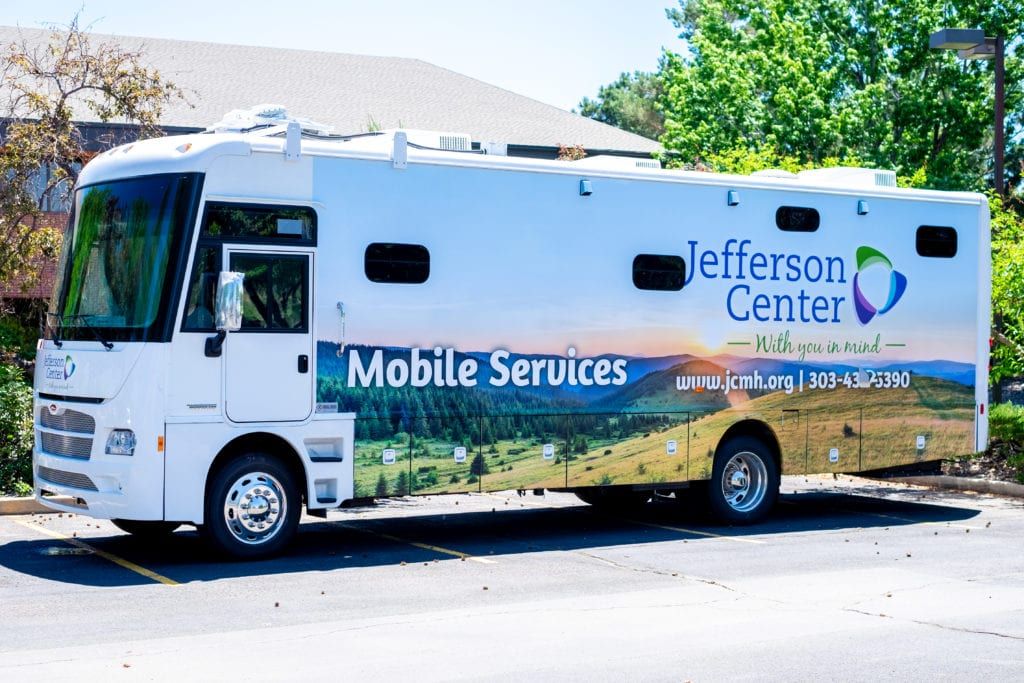Residential Recovery Program

Jefferson Center considers substance-related disorders multifactorial health conditions that require evidence-based and public health responses, so their services are tailored to each patient’s unique needs, goals and preferences, as well as the level of clinical severity and function.
What Is Residential and Inpatient Treatment?
With two levels of care within one unit, the on-site treatment services are provided by an interdisciplinary team comprised of licensed Master Level Clinicians (either a Certified Addiction Specialist (CAS) or a Licensed Addiction Counselor (LAC); a registered nurse or licensed professional nurse, psychiatric prescriber and milieu management staff experienced in substance use and co-occurring disorders.
The program provides up to 20 hours of treatment activities weekly in individual and/or supportive group settings. Treatment activities include motivational enhancement strategies and interventions. A wide variety of groups are available to clients, designed to offer support and learning opportunities in areas that address trauma and addiction, developing interpersonal skills, and family understanding of co-occurring disorders.
The residential and inpatient program also offers meditation and yoga activities. These activities assist in restoring a patient’s biochemical imbalances to help eliminate cravings that lead to the recurrence of substance use.

How the Program Works
The Residential Recovery Program utilizes a variety of Evidence-Based Practices (EBP) to serve the co-occurring and substance-using populations. EBP is the integration of clinical expertise/expert opinion, external scientific evidence, and client/patient/caregiver perspectives to provide high-quality services reflecting the interests, values, needs, and choices of the individuals we serve.
We understand that individuals who develop substance use disorders (SUD) come from a variety of backgrounds, and our process for treatment and recovery can differ by gender, religion, ethnicity, culture, and other factors. As a result, the Center makes every effort to train staff to recognize their own cultural presentation and biases, while continually striving to be culturally competent with a variety of specific treatment sub-populations.
Clients are admitted to the program based on a full biopsychosocial assessment and the American Society of Addiction Medicine (ASAM) level of care, required at the time of admission. The duration of treatment varies with the severity of the individual’s illness and response to treatment. The patient’s progress toward achieving their treatment plan goals and objectives determines the length of stay and services.

Residential and Inpatient Services
- Psychiatric Evaluation
- Medication Management including Medication-Assisted Treatment (MAT)
- Physical Exam and Health Education
- Psychoeducation Groups
- Individual and Group Therapy
- Family Psychoeducational Group
- Intensive Case Management
- Random Urine Drug Testing (UDT)
- Discharge Planning and Referral
- Peer Specialist Services
Who Can Join?
The program will serve adults 18 years of age and older who are not currently in withdrawal. Clients needing withdrawal management will be referred to the Center’s Withdrawal Management Program. Clients must have a moderate or severe primary substance use diagnosis or a moderate to severe primary SUD diagnosis and a secondary co-occurring mental health disorder.






